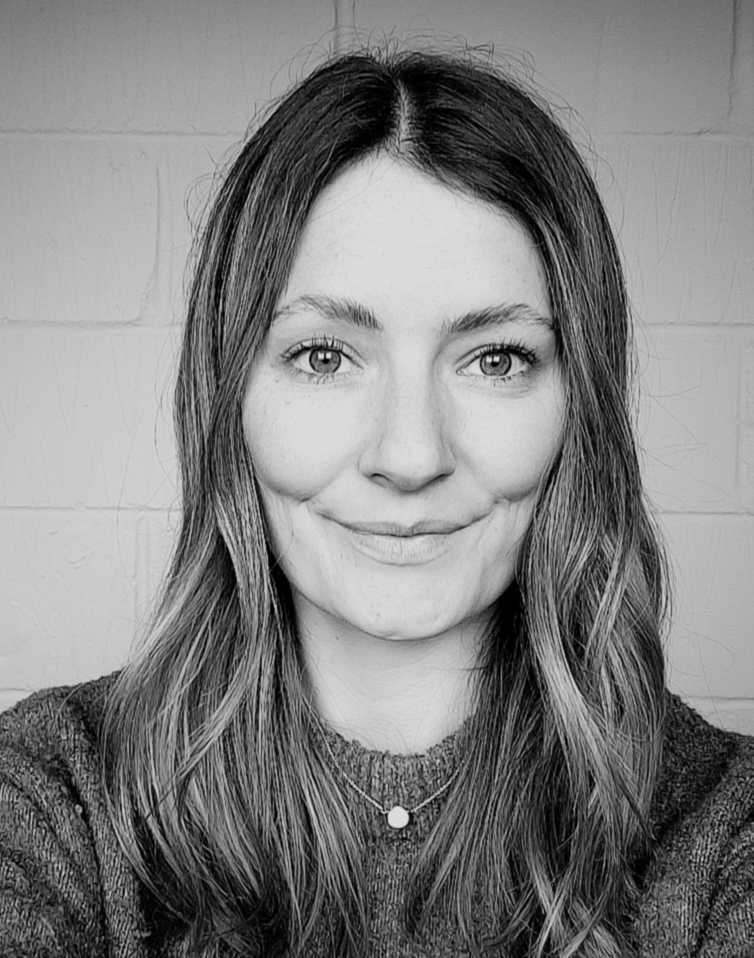Genes & Behaviour: One Gene & its Effect on Behaviour (DP IB Psychology) : Revision Note
Genes & Behaviour: One gene & its Effect on Behaviour
What are genes?
A gene is the basic unit of heredity in a living organism, e.g. humans, animals, plants
All living organisms depend on genes as they provide the basic building blocks which determine the nature and function of that organism
Genes hold the information to build and maintain their cells and pass genetic traits to offspring
The genotype of any organism refers to all the genetic information held within the organism’s DNA
The human genome consists of around 25,000 genes
A gene represents a segment of DNA and is located at a specific point on an organism's chromosome
Human beings have 23 pairs of chromosomes (except for conditions such as Down’s Syndrome which results in a person being born with an extra chromosome)
Alleles are different version of the same gene e.g. there is an allele for blue eyes and an allele for brown eyes
Each allele in a pair is inherited directly from each parent

Each allele in a pair is inherited directly from each parent
The phenotype (which is the expression of the genotype) of an organism refers to the observable physical and behavioural traits e.g. hair colour, physique, abilities e.g. in music or sport, hormone levels etc.
A phenotype is also influenced by environmental factors such as geographical location, upbringing, education etc. which explains why identical twins (monozygotic) do not have identical personalities or abilities
To date there is no evidence to show that particular abilities or traits are governed by one single gene, rather it seems that people inherit specific vulnerabilities or sensitivities which predispose them to certain conditions, e.g. depression

What is the MAOA gene?
Although no one gene could be said to code for one behaviour it has been established that specific genes may contribute to specific behaviours or conditions
The MAOA gene regulates the levels and activity of MAOA in humans
MAOA, or monoamine oxidase A to give it the full title, is an enzyme that has been linked to specific neurotransmitters such as serotonin and dopamine
MAOA breaks down these neurotransmitters which can result in irregular, disrupted or low levels of dopamine or serotonin which in turn may lead to disorders such as depression or behaviours such as aggression
The MAOA gene varies across humans which means that some people will experience low levels of the enzyme and others will have high levels of it
There is research evidence to support the idea that there is correlation between low levels of MAOA and antisocial, aggressive behaviour due to a dysfunctional MAOA gene
What is the link between MAOA and serotonin?
When levels of MAOA increase, levels of serotonin in the brain decrease, which in turn has been linked to depression
Disorders related to depression are also affected by this drop in serotonin e.g. night terrors, increased aggression, mood imbalance
A dysfunctional MAOA gene can be inherited which means that the affected person will have a tendency towards depression and other negative behaviours throughout their life
Which studies investigate the MAOA gene?
Brunner et al. (1993) – a dysfunctional MAOA gene was linked to anti-social behaviour seen in the affected males of a large family in the Netherlands
What is the link between the 5-HTT gene and serotonin?
Although no one gene could be said to code for one behaviour, it has been established that specific genes may contribute to specific behaviours or conditions
The MAOA gene has been linked to the 5-HTT gene which transports serotonin around the brain
Dysfunction and mutations of the 5-HTT gene (which results in changes in the transport of serotonin) has been linked to depression and anxiety
The 5-HTT gene consists of long and short allele variants which may contribute to disorders such as depression
Which studies investigate the 5-HTT gene?
Caspi et al. (2003) – length of alleles on the 5-HTT gene (linked to MAOA) may be related to stress and depression
The studies by Brunner et al. (1993) and Caspi et al. (2003) can be found in ‘Two Key Studies of Genes & Behaviour’ on this site: just navigate the Genetics & Behaviour topic to find it.
Examiner Tips and Tricks
Be sure to be specific as to the gene you are writing about in an exam response. You can focus on either the MAOA gene or the 5-HTT gene, according to your own preference. Remember that you will only be asked to write about ‘one gene’ in Section A of Paper 1
Examiner Tips and Tricks
You can use Brunner et al. (1993) to answer a question on the effect of neurotransmitters (serotonin) and on genetic similarity (family study)
Worked Example
SAQ (Short Answer Question) - 9 marks
‘Outline how one gene may affect behaviour, using research to support your answer’. [9]
The following two paragraphs outline the gene and link it to related research:
The serotonin transporter gene (5-HTT gene) has been identified as a genetic contributor to anxiety and depression because it is linked to the reuptake of serotonin in the synapse. It has been suggested that adaptations in this gene affect the incidence of depression in an individual. Caspi et al. (2003) investigated whether a functional change in the 5-HTT gene is linked to a higher or lower risk of depression in an individual. The researchers used a sample of 847 participants aged 26 who were split into three groups, depending on the length of the alleles on their 5-HTT transporter gene.
The results showed that the participants with two short alleles on the 5-HTT gene reported more symptoms of depression in response to stressful life events than either of the other two groups. Those participants with two long alleles reported less depressive symptoms than either of the other two groups.

You've read 0 of your 5 free revision notes this week
Sign up now. It’s free!
Did this page help you?

